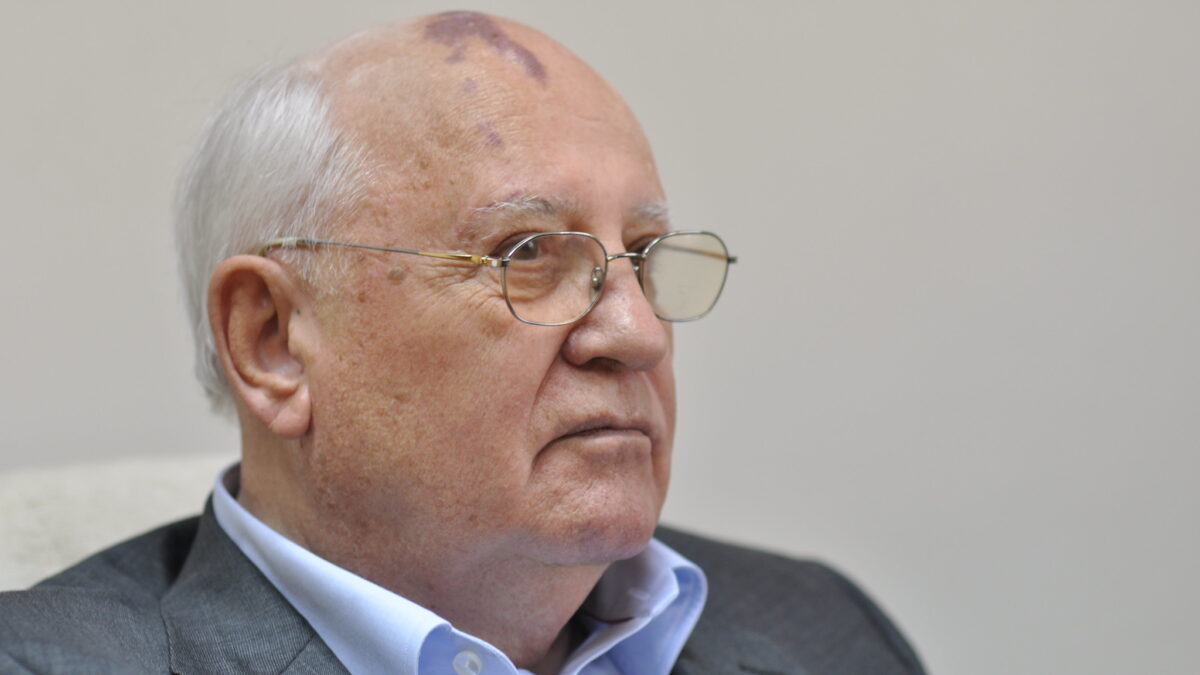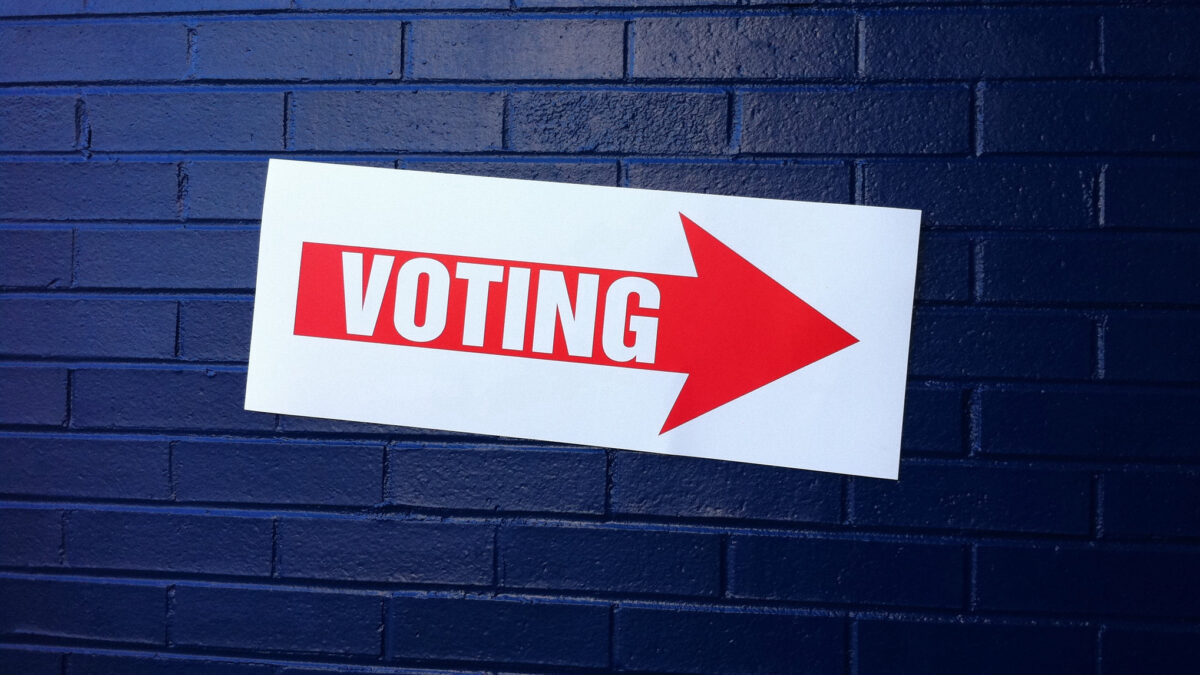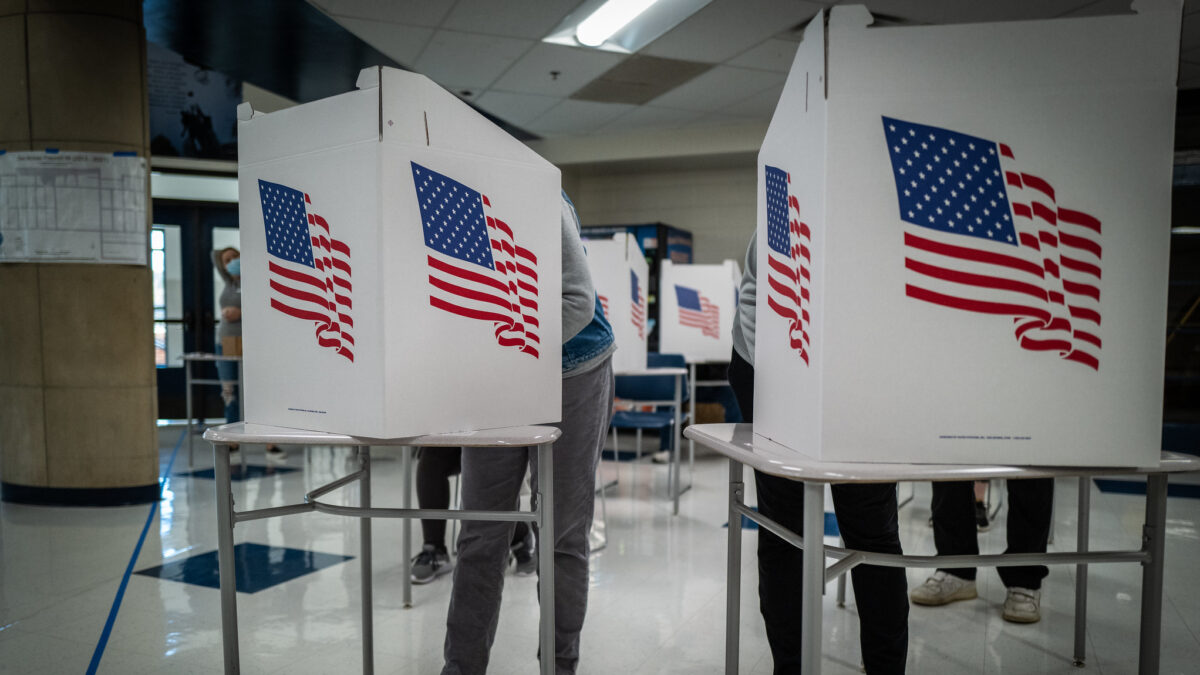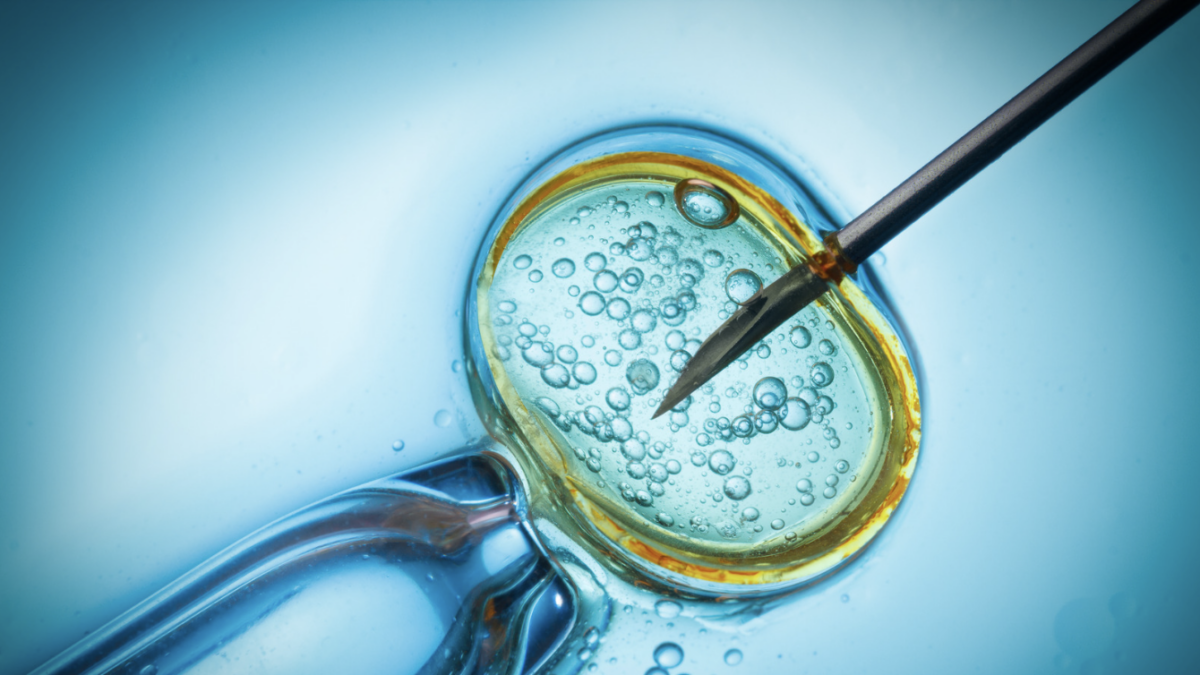In death as in life, Mikhail Gorbachev was a muse for the leftist media to perfect the tradecraft of propaganda.
“Mikhail Gorbachev, who ended the Cold War without bloodshed but failed to prevent the collapse of the Soviet Union, died on Tuesday at the age of 91,” Reuters framed yesterday’s news of the death of the Soviet Union’s last president.
Extolling the communist leader for ending “the Cold War without bloodshed” represents a laughable spin on the reality that Ronald Reagan’s foreign policy prowess, coupled with assists from England’s Prime Minister Margaret Thatcher and Pope John Paul II, defeated the evil empire and achieved peace through strength.
The press’s praise of Gorbachev as a moderate communist — an oxymoron if there ever were one — over the last 24 hours seems a recent rewriting of history. But the left-wing media’s contemporaneous reporting on Gorbachev reveals that American outlets uniformly pushed flattering profiles of the Soviet Union’s former communist president.
Revisiting this reporting now, decades later, after the fall of the U.S.S.R., proves especially fascinating given that for the last six years the dishonest press portrayed any positive statements former President Donald Trump made about Russia’s Vladimir Putin as proof of collusion between the two leaders. Further, the entertainment and media worlds’ obsession with Trump allows for a comparison of the press’s treatment of the New York businessman both before and after he entered the political arena as a Republican.
For decades, Trump has captivated the public eye, leaving media outlets willing to enter relationships based on mutual manipulation: For his part, Trump garnered the attention he seeks to build his brand — or merely bolster his machismo — and those covering the former New Yorker profit from the public’s interest in The Donald. While scandals erupted intermittently throughout the year before Trump’s entry into politics, they centered on sexual ones, most prominently Trump’s affair with Marla Maples.
No mention was made during this time-period suggesting an untoward relationship between Trump and Russia. On the contrary, reporting from 1987, when Trump dined with the then-Soviet leader Gorbachev at a State Department dinner, merited just a passing mention. In covering that gathering, The Washington Post cast Trump as one of two “industrialists” attending the 250-person event, with H. Ross Perot filling the other slot.
The Post reported nothing nefarious about Trump’s attendance at the event and instead focused on Gorbachev, and glowingly so. Even with our country’s relations with the Soviet Union still chilled by the ongoing Cold War, the paper’s Moscow correspondent, David Remnick, presented the communist leader as “charming” and “with an extraordinary sense of his own power of persuasion and wit.” Remnick wrote of guests fawning over the Soviet leader’s “nifty performance” of “Moscow Nights,” saying “his singing got better reviews than many divas did.”
The politicians in attendance held similarly positive views of the communist leader, Remnick reported uncritically. “He’s strong, he’s tough as hell, and he likes that reputation,” Sen. Alan K. Simpson, R-Wyo., remarked. Sen. John Warner, R-Va., was also reportedly impressed, saying the Soviet leader was “an inspiring politician. It takes a politician to know a politician. He’s a fast learner.” And according to Remnick, Sen. Sam Nunn, D-Ga., “was so impressed with Gorbachev’s speech at lunch that he took a long stream of notes.”
The press’s fawning stance toward the Soviet leader, exemplified by The Washington Post’s coverage of his State Department dinner in 1987, left many Westerners with the misapprehension that Gorbachev represented a kinder, gentler, communist. He didn’t. Nor did Russia, after the fall of the Soviet Union, represent the retrograde joke former President Barack Obama sought to relegate the country to during his presidential debate with Mitt Romney.
But after spending the ’80s admiring Gorbachev, the press pointed to similar praise of Putin by Trump as evidence that the latter had colluded with Russia. No matter your opinion on Trump’s apparent “disarm them with flattering” approach to foreign policy, the media’s hypocrisy abounds. The left-wing press pandered to Gorbachev while calling Trump a co-conspirator for complimenting Putin.
Further, words aside, through his leadership, Trump placed the biggest brake on Putin’s aggression in the region. Soon after Biden’s election, however, Russia went on the offensive, attacking Ukraine. Since then, Biden has proven himself ineffective to combat the Russian president. In fact, before the invasion of Ukraine, Biden’s public comments about the situation suggested he was giving Putin a green light to invade the neighboring country. Such comments, had they come from Trump, also would have prompted further accusations that Trump was conspiring with Putin.
There was no Trump-Russia conspiracy, however, regardless of the praise Trump bestowed on Putin. And there is no good communist either, notwithstanding the lauding of Gorbachev — both now and four decades ago.









